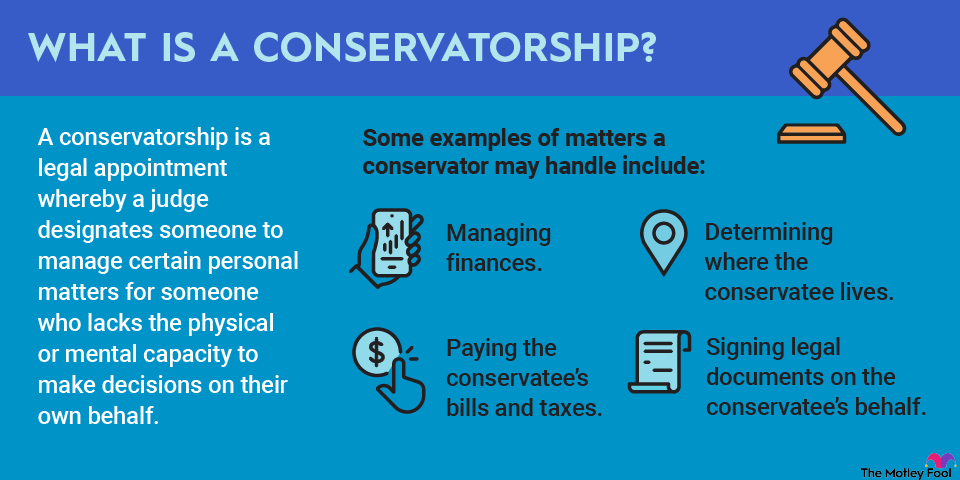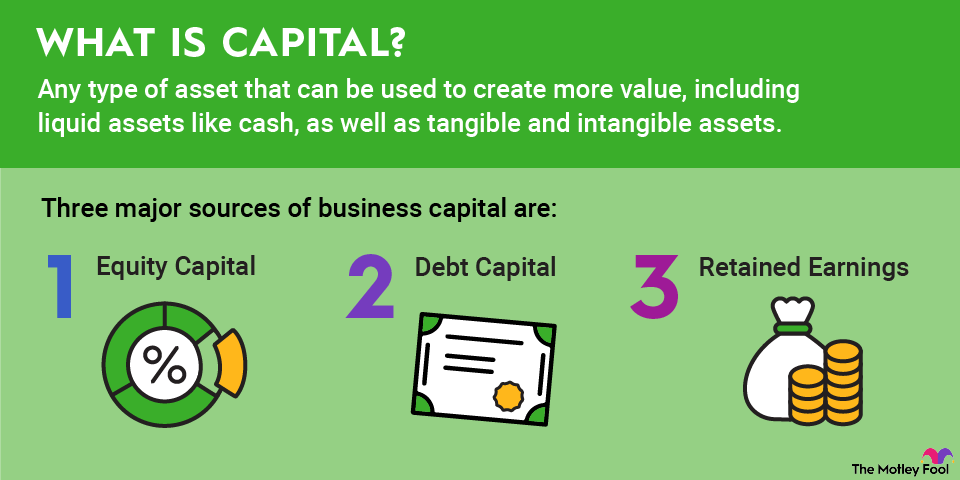Why do consumer durables matter to investors?
Consumer durable stocks can offer investors a wide variety of benefits from exposure to a growing addressable market. As economies grow and incomes rise, consumers tend to spend more on durable goods. This can lead to increased sales and revenue for companies in the consumer durables sector, potentially leading to consistent share price appreciation.
Investing in a basket of consumer durable stocks can offer diversification benefits and potentially reduce your overall portfolio risk in the event of a downturn. While some consumer durable goods are discretionary, many are also essential for daily living (e.g., refrigerators).
This means that even during economic downturns, demand for certain segments of the consumer durables space can remain relatively stable. Many established companies in the consumer durables sector pay regular dividends to their shareholders, providing a steady stream of income in addition to potential capital gains from stock price increases.
The consumer durables sector is constantly evolving, with companies introducing new and innovative products. Technological innovation can drive consumer interest and lead to increased sales, a tide that lifts all boats, including those of shareholders.



















